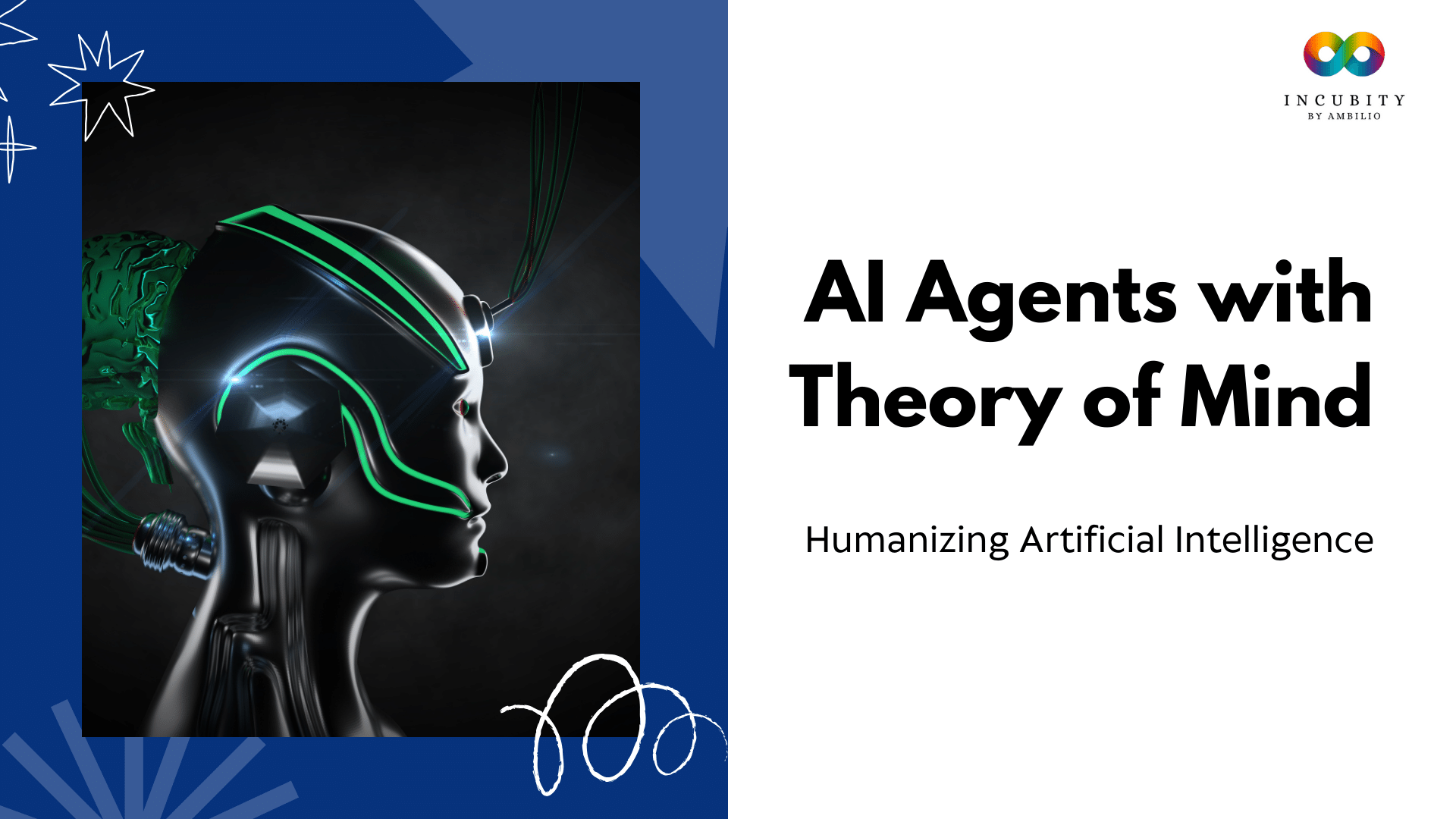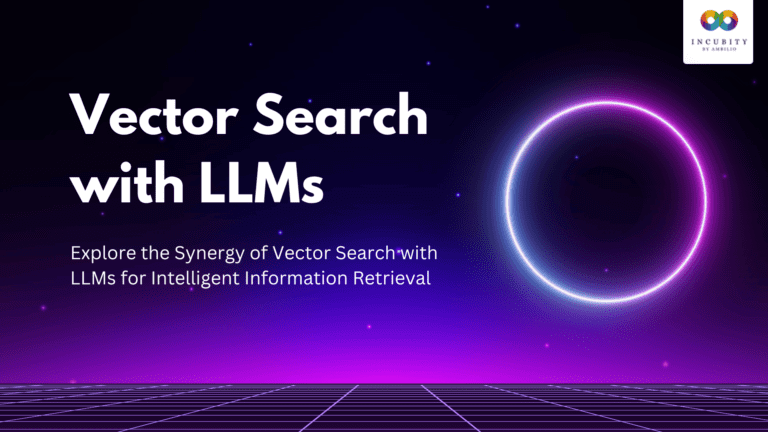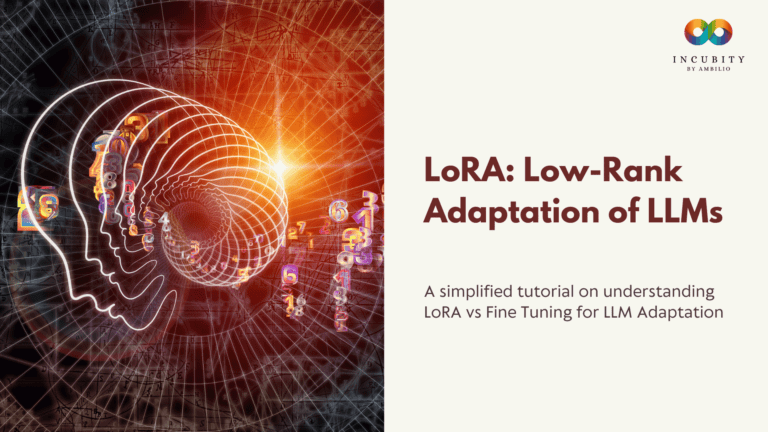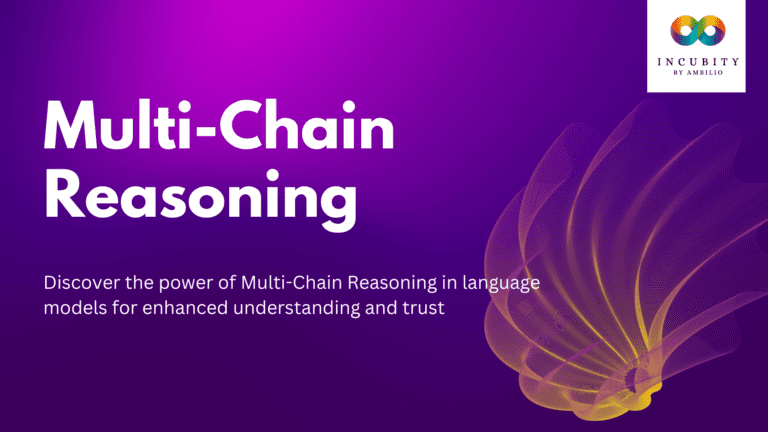The landscape of Artificial Intelligence is continually evolving, and one of the most intriguing developments is the quest to imbue AI agents with a Theory of Mind (ToM). Drawing inspiration from cognitive science and psychology, a Theory of Mind involves the capacity to attribute mental states, such as beliefs and intentions, to oneself and others. In the AI realm, this aspiration holds the potential to redefine the dynamics of human-AI interaction, ushering in a new era of sophisticated and empathetic artificial agents.
What is a Theory of Mind?
A Theory of Mind is a cognitive ability that empowers individuals to understand and attribute mental states to others, enabling the prediction and explanation of behavior for more effective social interactions. In AI, incorporating a Theory of Mind means endowing agents with the capability to comprehend the mental states of humans and other entities, thereby enhancing their capacity to collaborate, negotiate, and communicate in a manner akin to human cognition.
The Future of Agents with a Theory of Mind:
Agents equipped with a Theory of Mind stand to revolutionize human-AI interaction across various domains. These agents hold the promise of:
1. Enhanced Collaboration: By comprehending the goals and plans of other entities, AI agents can facilitate more effective teamwork and coordination. This is particularly impactful in settings where human-AI collaboration is integral, such as advanced manufacturing or medical research.
2. Improved Negotiation: Understanding the motivations and positions of negotiating parties enables AI agents to make more informed decisions, potentially leading to more successful and mutually beneficial outcomes.
3. Persuasive Communication: The ability to tailor arguments and communication strategies to the beliefs and desires of the audience makes AI agents more persuasive and influential. This has implications in areas such as marketing and public relations.
4. Empathetic Customer Service: Infusing AI agents with the capability to understand customer needs and frustrations can result in more empathetic and helpful customer service interactions, enhancing the overall customer experience.
How Can We Create Agents with a Theory of Mind?
Creating agents with a Theory of Mind requires a multifaceted and interdisciplinary approach, integrating insights from AI, machine learning, and social sciences. Several approaches are currently being explored:
1. Rule-Based Approaches: Agents utilize predefined rules to infer the mental states of others based on observed behavior. While these approaches provide transparency, they may struggle with the complexity and nuances of human behavior.
2. Machine Learning Approaches: Machine learning techniques allow agents to learn and infer mental states from data, including observations of behavior or conversations. This data-driven approach is more adaptive but requires substantial labeled data and might lack interpretability.
3. Hybrid Approaches: Combining rule-based and machine learning approaches seeks to leverage the strengths of both paradigms. This hybrid model aims to balance transparency and adaptability in understanding and attributing mental states.
Potential Applications
The potential applications of agents with a Theory of Mind span various domains:
1. Human-Agent Teaming: Enabling effective collaboration between humans and AI in complex tasks, from healthcare diagnostics to collaborative research efforts.
2. Virtual Assistants: Creating more natural and human-like interactions for virtual assistants, making them more intuitive, responsive, and capable of anticipating user needs.
3. Social Robots: The development of socially intelligent robots that can understand and adapt to human behavior, promoting seamless and meaningful human-robot interactions.
Challenges of Creating Agents with a Theory of Mind
Despite the promises, developing agents with a Theory of Mind poses significant challenges:
1. Defining Mental States: There is no universally agreed-upon definition of mental states, adding complexity to creating a standardized framework that AI agents can universally adopt.
2. Inferring Mental States from Behavior: Behavior is often ambiguous and influenced by various factors beyond mental states, making it challenging to accurately attribute intentions.
3. Reasoning Complexity: The computational complexity of reasoning about mental states presents a significant hurdle, demanding advanced algorithms and significant computing resources.
Architectures and Approaches
Various architectures and approaches are explored in the development of agents with a Theory of Mind. Some employ neural networks for learning from data, capturing intricate patterns in human behavior. Others rely on symbolic reasoning to represent and manipulate knowledge, striving for interpretability and explainability. Hybrid models seek to harness the strengths of both approaches.
Final Words
In conclusion, agents with a Theory of Mind represent a pioneering frontier in AI development, promising a future where machines understand and respond to human mental states with remarkable nuance. As research progresses, addressing challenges and refining approaches, these agents have the potential to revolutionize human-AI collaboration and redefine our relationship with intelligent machines. The journey toward truly empathetic and socially aware AI is underway, bringing us closer to a future where artificial agents can navigate the intricacies of human interaction with sophistication and grace.







